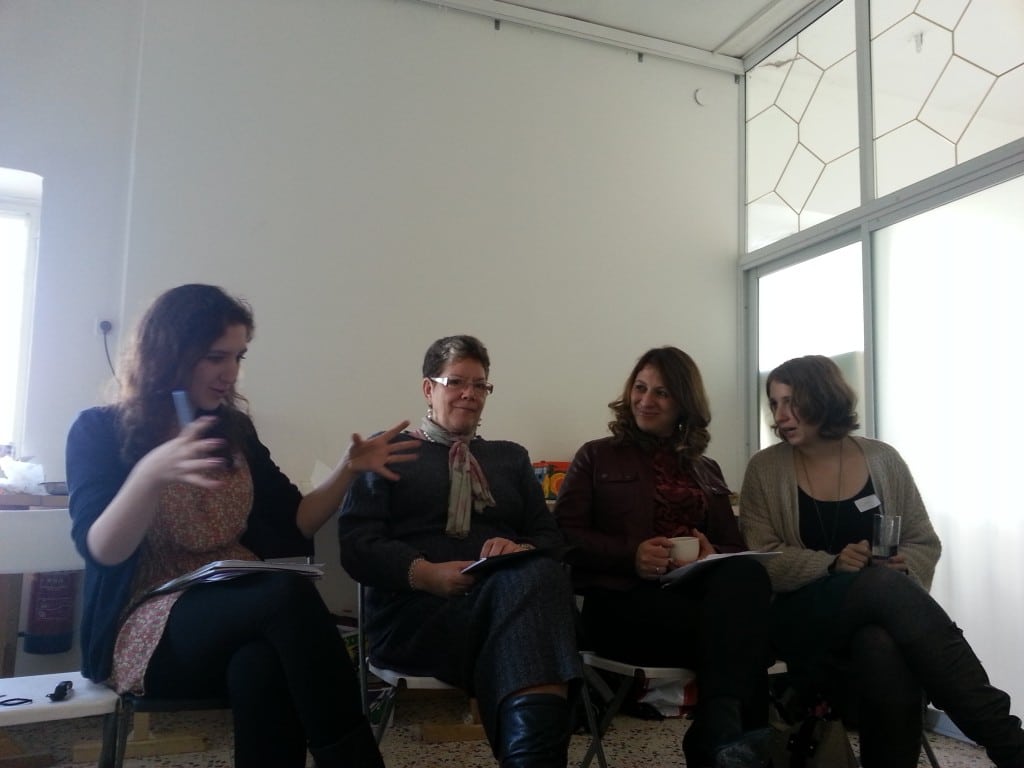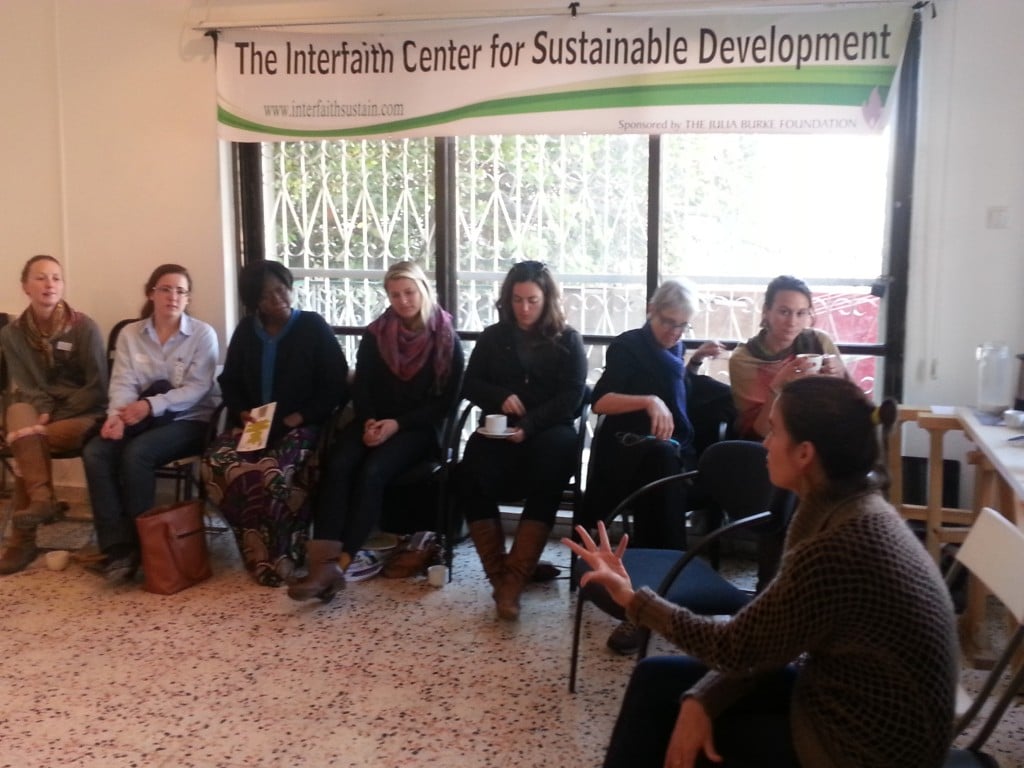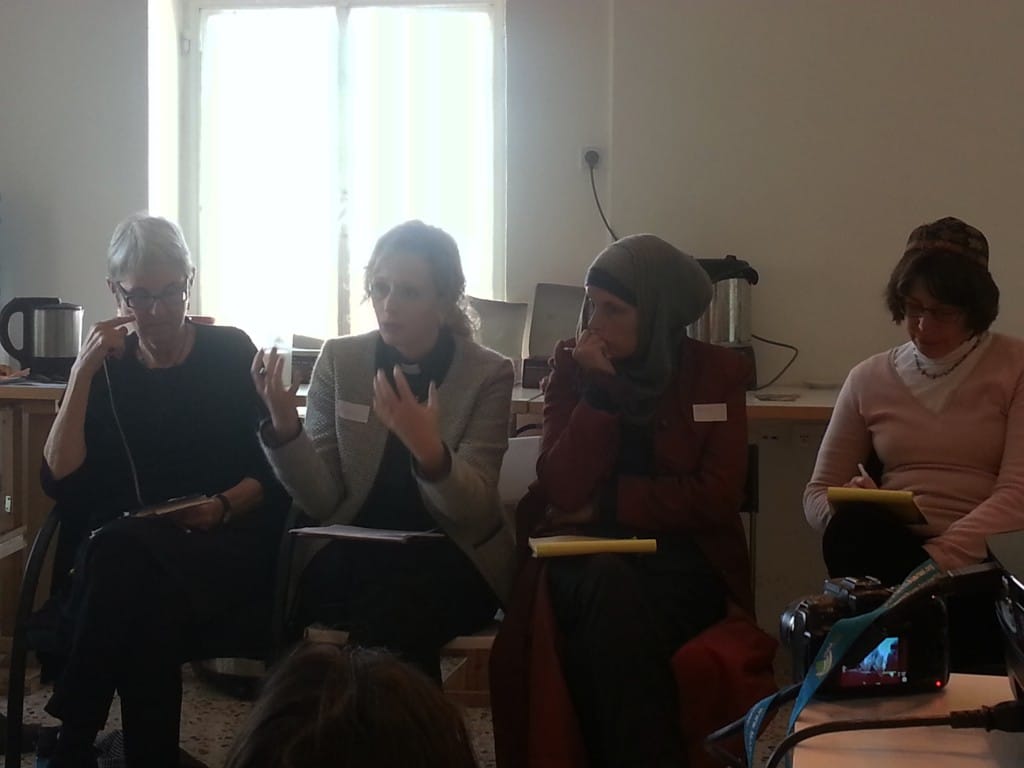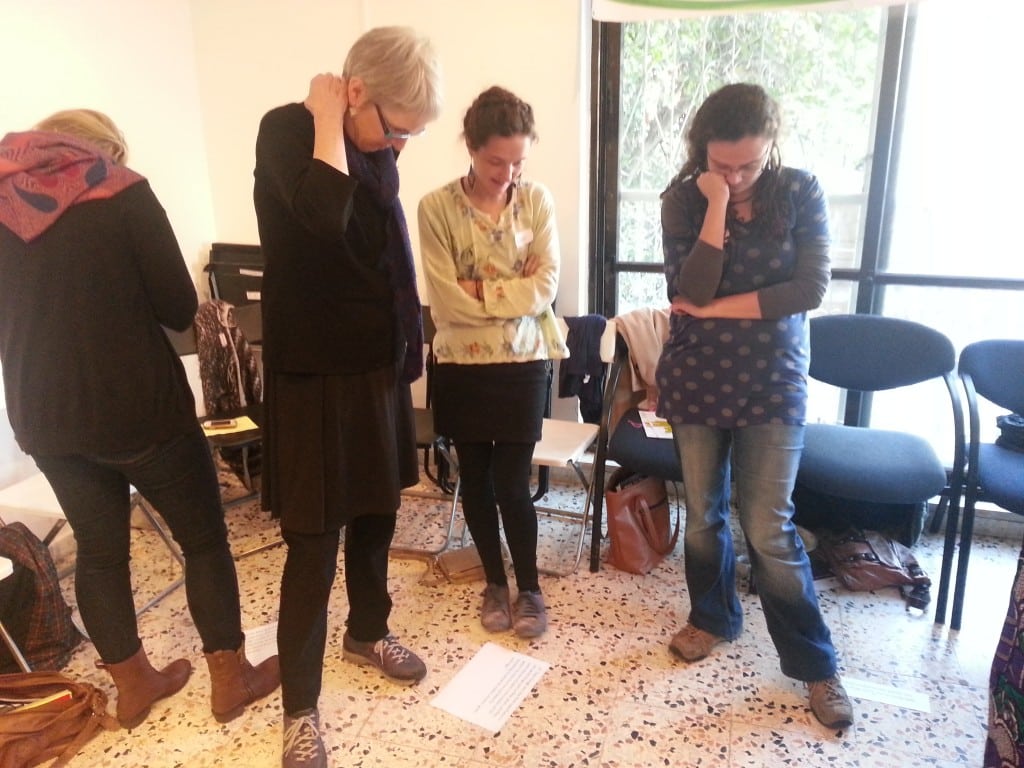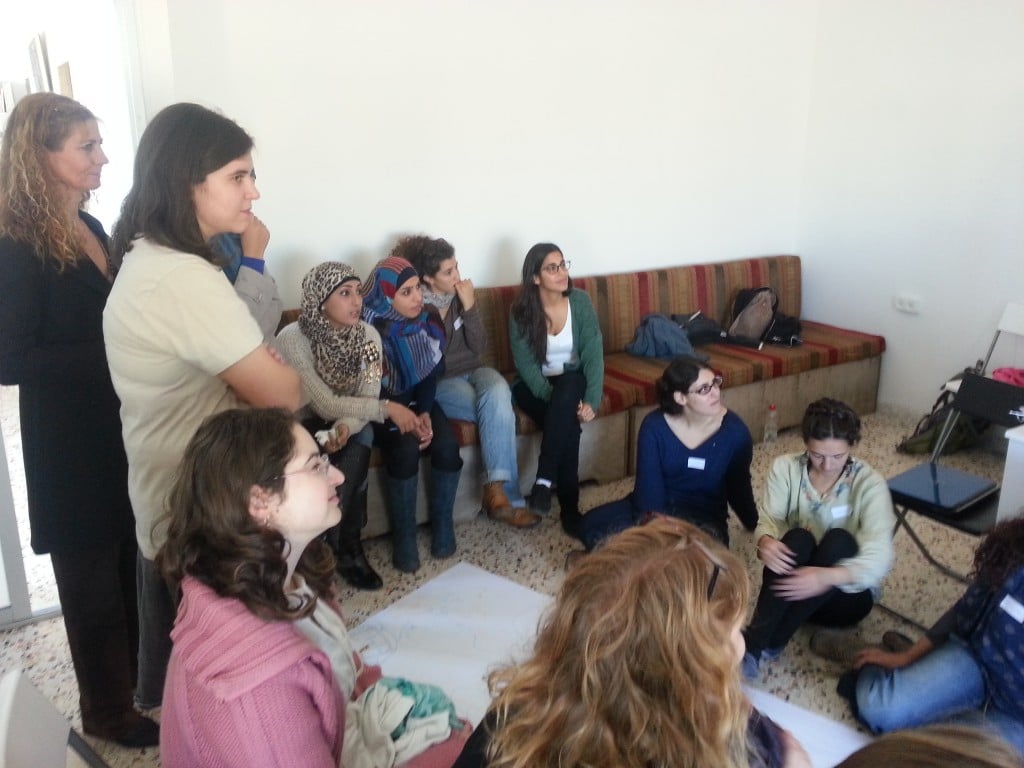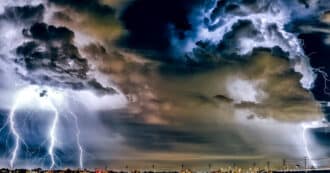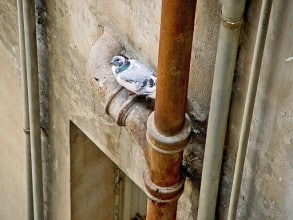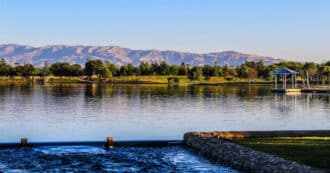By Rachel Winner for the Interfaith Center for Sustainable Development
What’s in a name? Strong woman. Giving. The powerful reverberation from the small tongue of a bell. Golden sword. Family tradition. Grace. In the opening of an Interfaith Center for Sustainable Development (ICSD) women’s conference, women of multiple faiths, skin colors, and roots shared the meanings of their given names, drawing common threads of the power and light that they carry in their identities. On Thursday, December 19th, the ICSD brought together women from across the Holy Land for a seminar on faith, environment, and activism. Over the course of seven hours, over thirty women took a deep look at their identities and respectfully explored those of their fellow sisters. They raised the challenging questions regarding faith’s role in environmental stewardship, women’s role in society and ecology, and the most impactful ways to elevate our influence in all of these sectors.
The first panel hosted three religious leaders discussing how their faiths are linked to environmental sustainability. Rabbi Naamah Kelman, Dean of Hebrew Union College in Jerusalem, drew parallels between stewardship and Shabbat – the Jewish Sabbath. She explained that Shabbat is a regenerative tradition that reaches all the way back to Genesis (before there were flags or boundaries, she pointed out) to rejuvenate and prepare ourselves for the demands of the world during the rest of the week. Similarly, sabbaticals are not just for religious leaders and college professors – the custom is rooted in agriculture to let arable land lie fallow every seven years. Not only is this practice better for long-term productivity, but it is indicative of responsible and compassionate management of the land.
The Lutheran tradition of Christianity has similar practices, explained Rev. Angela Zimmann, PhD, who is a pastor at Lutheran Church of the Redeemer in the Old City of Jerusalem and Special Assistant to Bishop Munib Younan. She emphasized how the Lutheran denomination shares values of rest, moderation, and ecological respect. She explained that like Islam, no one is entitled to own land over anyone else. Yasmin Barhum, representing the Muslim faith, is a landscape architect and gardener whose love of nature attracted her to Islam. Echoing the sentiments of the other panelists, Yasmin highlighted the Muslim principle of tawhid, which means the Oneness of God as evidenced by the interconnection of all things. Humans represent the epitome of this oneness because we have free will. Therefore, we are collectively responsible to treat God’s domain with intentional and communal respect.
So we have these three monotheistic religions all claiming to truly respect the environment. Where, then, did society divert itself from these tenets and begin to abuse our space and its resources? And how do we bolster conservation through faith? The rest of the day was dedicated to answering these questions; and Elizabeth Koch-Ya’ari joined us from Friends of the Earth Middle East (FoEME) to provide a practical approach. FoEME works on trans-boundary water issues in the region through grassroots organizing. Elizabeth spoke about a current project to bring the three faith traditions together to rehabilitate the Jordan River. Her presentation generated a combination of outrage and enthusiasm regarding the divergence of the River’s water for agriculture and its desecration via the raw sewage that joins the remaining dribble and snakes its way to the Dead Sea. More information about ICSD’s involvement in this campaign can be found in two ICSD blog posts: on an interfaith conference in Jordan and on a group of seminary students’ tour of the Jordan River. Elizabeth’s presentation offered a stimulating bridge between faith and activism, which segued well into our final panel with two women using different channels to significantly impact the local community.
As Yasmin mentioned in the first panel, when you live in a marginalized community without education and resources, it creates an added challenge for environmental conscientiousness. Rana Khalaf understands this sentiment first-hand. As an educator and school principal in East Jerusalem, she witnesses the parallel between limited resources and environmental disregard in her school for children with ADD and ADHD. The Muslim tradition has a ritual cleaning component before prayer. But unfortunately, explained Rana, this practice tends to translate personally and not practically – people cleanse themselves and their houses, but then throw the trash out on the streets. Therefore, she is educating her students on cleaning the streets and bringing trash to schools to use for recycled projects like making furniture. Rana’s school is creating a tangible shift: at first, the notion of carrying trash around was scorned by the locals, but Rana and her school are slowly gaining respect and reconnecting the Muslim community to its inherent environmental values. Her work is proof that education leads to empowerment, which derives a true and collective shift for community development. Sitting to her right, Naomi Tsur represented the political face of women-led environmental activism. As Jerusalem’s former deputy mayor, she pushed for stronger green initiatives involving recycling and managing the Sustainable Jerusalem Coalition within the municipality. She split off to form a new party when her colleagues rebuffed her efforts. “We need a new definition of feminism through political change. The world is busy discussing us, but no one is asking the city of Jerusalem how we feel. The message must come from within Jerusalem. Women who run their homes understand this better than the men.” Whereas Rana is focused on grassroots education, Naomi’s platform emphasizes political empowerment and inclusion of women in the civil sector. Naomi explained that in the current political system, we are focused on survival instead of stewardship and collaboration; and she aims to swing the pendulum in the other direction. Furthermore, Naomi has started an international green pilgrimage network to fortify the connection between environmentalism and religion in pilgrimage sites around the world: “If [the environmental crisis] is the most burning issue of our day, then my faith has to find the relevance in this work. We cannot go in to worship and then go right back to throwing trash in the streets.”
The personal responses to these panels were as diverse and powerful as the introductions at the beginning of the day: “I get it – but how do I make others understand the importance of environmental work?” “I know the work I want to do, but I’m trying to figure out how it relates to my faith.” “This makes me just want to go out and pick up trash.” “How can I have a micro effect and make a macro difference?” “How do we bridge the intimacy of faith?” and of course… “What next?” The participants of the seminar committed to follow-up to discuss ideas for environmental action, specifically pursuing the idea of a trash cleanup in the Old City or other mixed neighborhoods around Jerusalem. With enthusiasm, love, and a host of avenues for inciting a conscious shift, the teachers, environmentalists, political and social activists, professionals, students, volunteers, worshipers, and sisters departed this ICSD seminar to go out and create a cleaner and brighter world.





